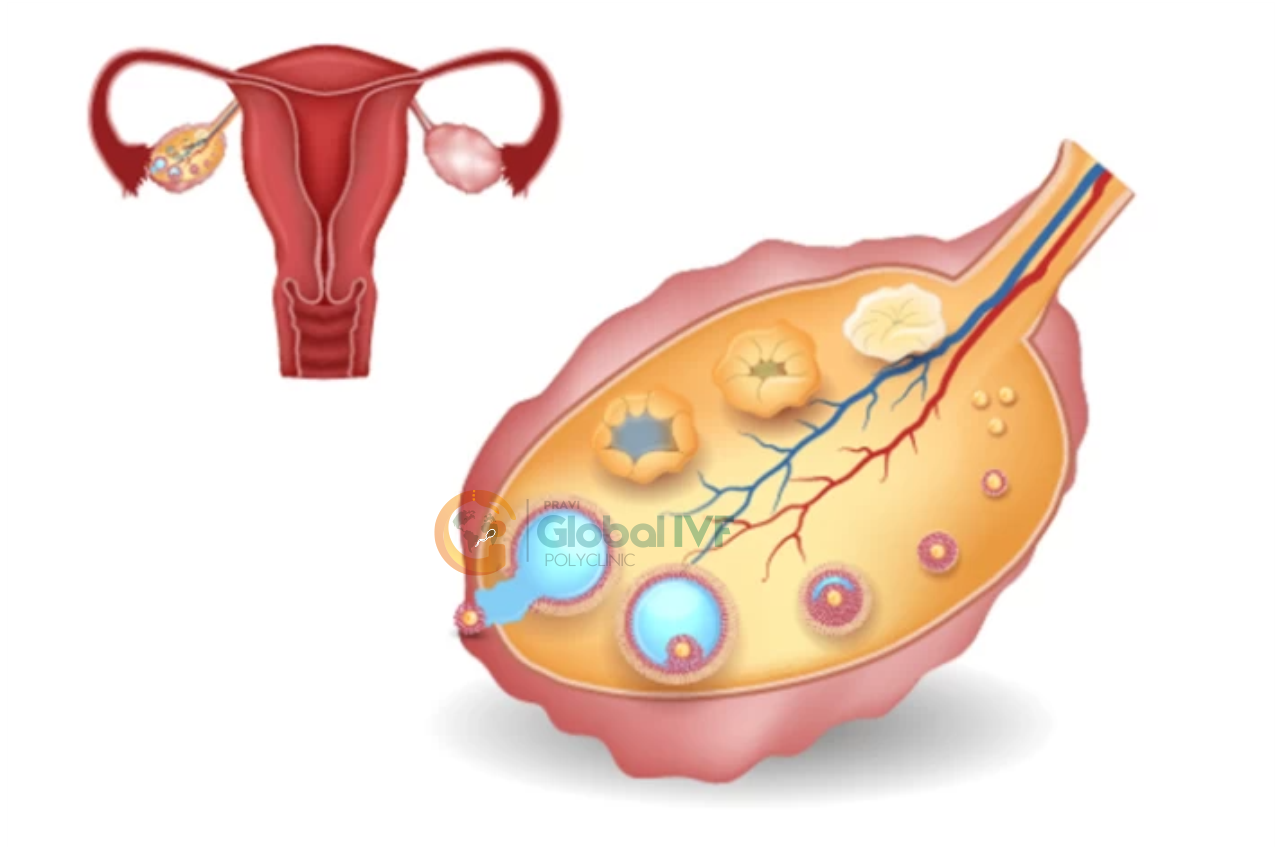
What is follicular monitoring?
Follicular Monitoring is a key procedure used in fertility treatments to track the development of ovarian follicles (fluid-filled sacs in the ovaries that release eggs). This is done through transvaginal ultrasound scans over multiple days during a woman’s menstrual cycle.


Why is Follicular Monitoring Important?
-
✅ To determine the best time for ovulation
-
✅ To plan IUI, IVF, or natural conception
-
✅ To assess how the ovaries respond to fertility medications
-
✅ To improve the success rate of pregnancy
Why is Follicular Monitoring Important?
-
Identifies the Ovulation Window:
Pinpoints the exact time of ovulation, maximizing the chances of conception. -
Monitors Ovarian Response to Medication:
Tracks how the ovaries respond to fertility drugs, such as Clomid or gonadotropins, ensuring the treatment is on track. -
Prevents Complications:
Reduces the risk of ovarian hyperstimulation syndrome (OHSS) by monitoring follicle size and growth. -
Improves IUI/IVF Success Rates:
Ensures that procedures like IUI and IVF are timed perfectly for the best outcomes. -
Detects Abnormalities:
Identifies issues like cysts, premature ovulation, or poor follicle development